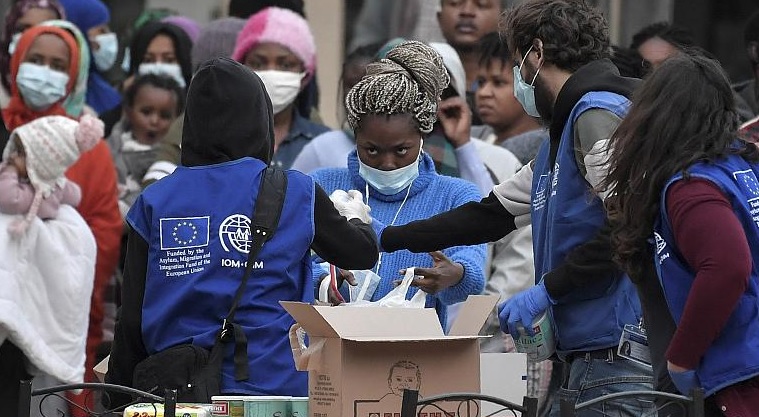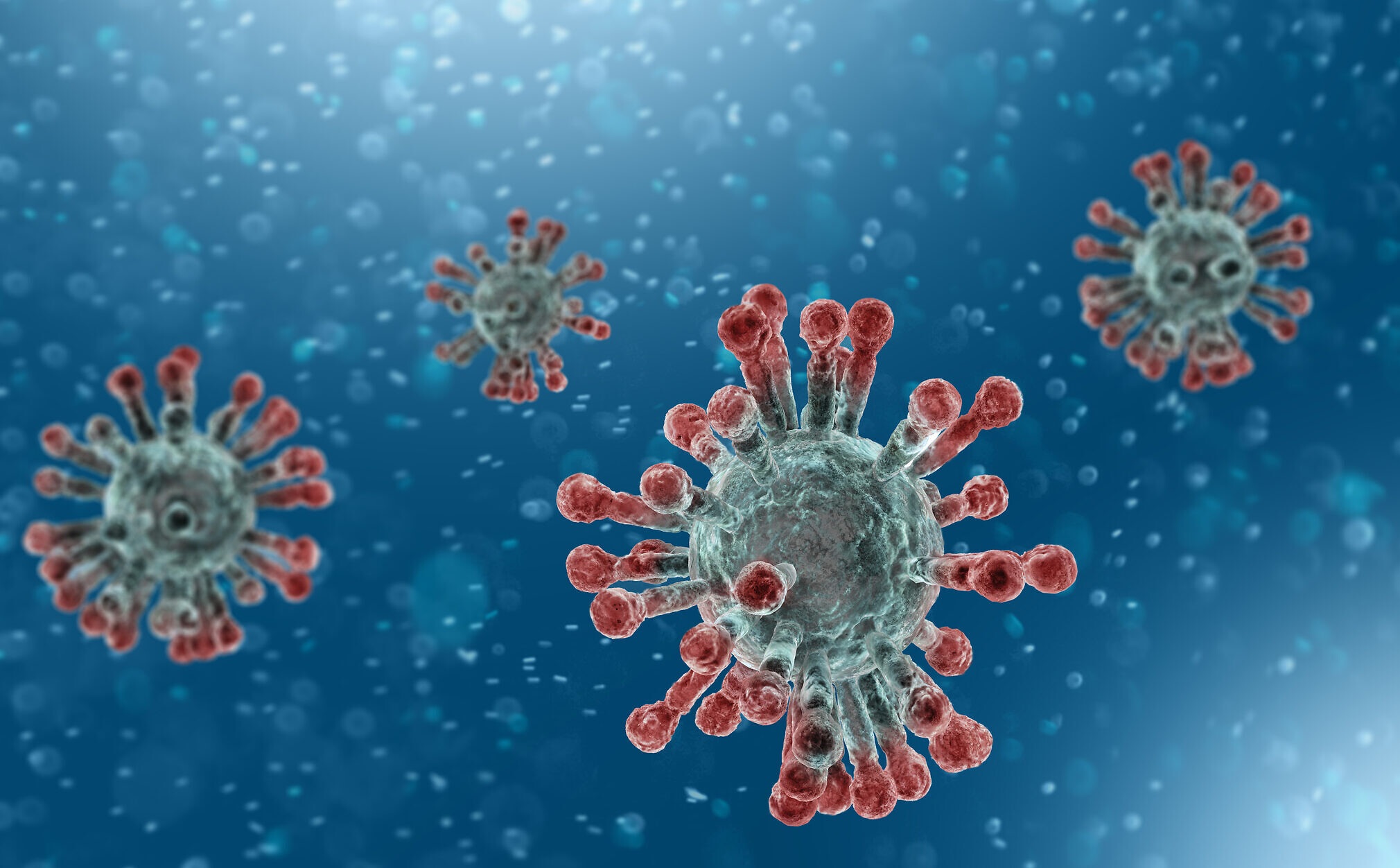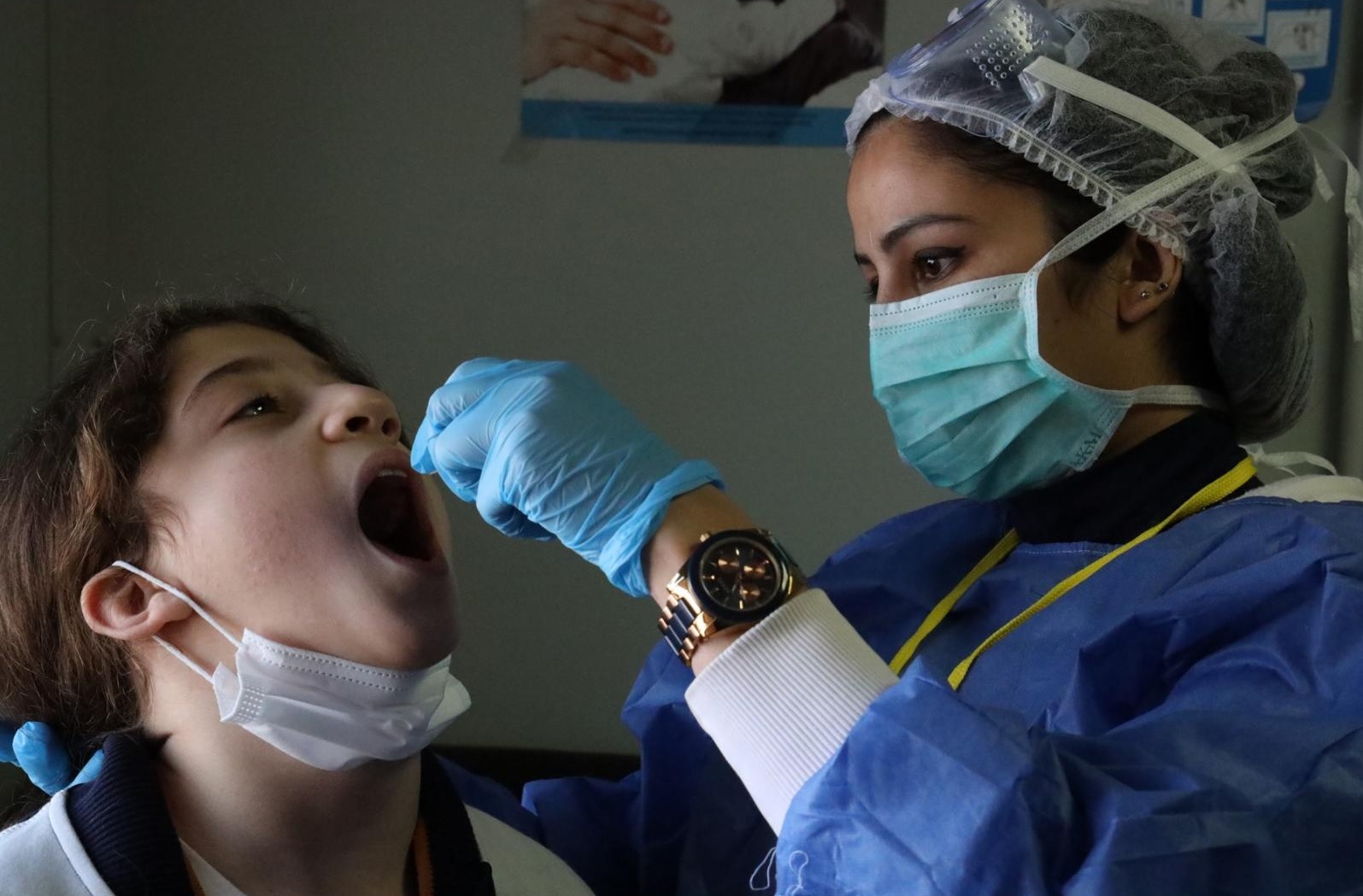
A World Health Organization official has warned that the global COVID-19 death toll will likely reach as high as 2 million without an effective vaccine.
Dr. Mike Ryan, WHO’s emergencies head, said that number could spiral even higher if countries do not formulate and adhere to a plan to stop the spread of the coronavirus that causes COVID-19.
Already, there are nearly 1 million global deaths and 32.5 million worldwide infections of COVID-19, according to Johns Hopkins University statistics.
Australian Prime Minister Scott Morrison said in his recorded message at this year’s virtual United Nations General Assembly that any nation that develops a COVID-19 vaccine must share it with the rest of the world.
“This is a global responsibility and it’s a moral responsibility,” Morrison said in his address Friday.
He pledged that if his country discovers a vaccine, it will be universally shared. He also stated Australia’s support for COVAX, the U.N. initiative that hopes to have a vaccine available for universal distribution by late next year.
The U.S., China and Russia have snubbed COVAX.
Europe is experiencing a new wave of coronavirus infections, leading some governments across the continent to reimpose some restrictions on residents and businesses.
On Saturday, Russia reported 7,523 new cases in the past 24 hours. The day before, Russia had recorded 7,212 new infections.
Dutch Prime Minister Make Rutte called the wave of infections in his country “very worrisome and will force us to take extra measures.”
Rutte said he expects to announce those restrictions next week.
The Czech Republic also will face new measures starting next week, Health Minister Roman Prymula said Friday, without specifying exactly what limits will be in place.
Figures from the European Center for Disease Prevention and Control show the Czech Republic trailing only Spain for the highest number of new cases per capita in Europe during the past two weeks.
Prymula said the countermeasures will affect gatherings of people but not harm the economy.
In Spain, local Madrid authorities and the national government are clashing over the extent of the steps needed to control the outbreak of new infections in the capital region.
Spanish Health Minister Salvador Illa said Friday the government wants all of Madrid and its 3.3 million residents to go under lockdown.
The regional government said it will expand lockdown orders, but only partially, adding about 160,000 more people to the 850,000 who had to stay home this week unless they had an authorized reason to go out.
Madrid also has cut the number of people allowed to visit shops and restaurants, and it has closed parks.
The lockdown has drawn protest from those who say they are being targeted because they live in more densely populated, poorer areas that have worse infrastructure.
In contrast, in the U.S. Florida Governor Ron DeSantis, a Republican, announced Friday that the state will move forward with reopening plans and entering Phase 3 despite the continued spread of the coronavirus.
Phase 3 includes lifting restrictions, including capacity limits, on the state’s bars, nightclubs and restaurants. In addition, under Phase 3, businesses that have had staffs teleworking as a result of the pandemic are allowed to resume unrestricted staffing on site, employees can resume nonessential travel, theme parks are able to return to normal operations, and gyms and fitness centers can operate at full capacity.
“Every business has a right to operate … you can’t just say no after six months and have people twisting in the wind,” DeSantis said at a press conference in St. Petersburg.
An article published Friday in The Lancet, a medical journal, says fewer than 1 in 10 Americans have developed coronavirus antibodies.
That determination is a result of tests conducted on medical samples from 28,500 dialysis patients across the country.
The study by Stanford University and Ascend Clinical laboratory, also uncovered that the U.S. minority population has a disproportionate amount of exposure to the virus in comparison to the country’s white population.
Sixteen percent of the people who live in majority Black and Hispanic communities have developed antibodies, while 11% of people living in majority Hispanic locations had also developed the antibodies. However, only 4% of people living in white communities had the antibodies.
The U.S. has more than 7 million COVID-19 cases, followed by India with almost 6 million and Brazil with over 4.6 million, according to Johns Hopkins.












